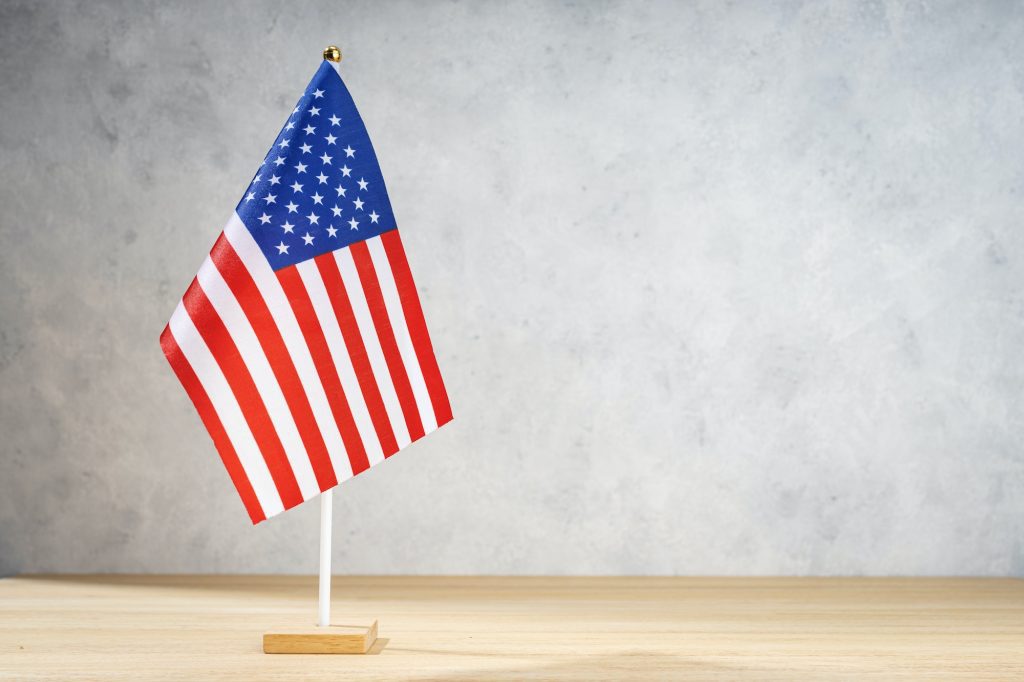US DOJ challenges decision to restrict government communication with social media companies
The main goal of the regulation was to prevent any actions aimed at influencing or pressuring the deletion, censorship, or reduction of free speech on social media platforms that are constitutionally protected under the First Amendment.

The US Department of Justice (DOJ) took action on Monday, 10 July, to challenge a judge’s preliminary injunction prohibiting certain federal agencies and officials from engaging with social media companies regarding content moderation. This decision arose from a lawsuit supported by Republicans against President Joe Biden’s administration, which was appealed by the latter through the US Court of Appeals for the Fifth Circuit in New Orleans.
Reminder: The main goal of the regulation was to prevent any actions aimed at influencing or pressuring the deletion, censorship, or reduction of free speech on social media platforms that are constitutionally protected under the First Amendment. This particularly applied to content concerning health, COVID-19, and the previous and upcoming US elections. The judge’s ruling included certain allowances for communication between government officials and the companies, with specific exceptions in cases involving national security risks and criminal activity notifications.
The DOJ asked the Court of Appeals to issue a stay of the order last week concerning Louisiana’s District Judge Jerry Doughty, effectively requesting an annulment or deferral of the ruling for the purpose of protecting one of the parties’ rights.
After Doughty’s order specifically targeted officials from the Department of Homeland Security’s Cybersecurity and Infrastructure Security Agency, other Republicans, led by Ohio-based Jim Jordan, have started their own investigations into an alleged ‘censorship regime’. Aimed at researchers and scientists who study misinformation, the lack of anti-SLAPP regulation in the US has revealed cracks that the investigation could exploit to deter civil society from public participation.
